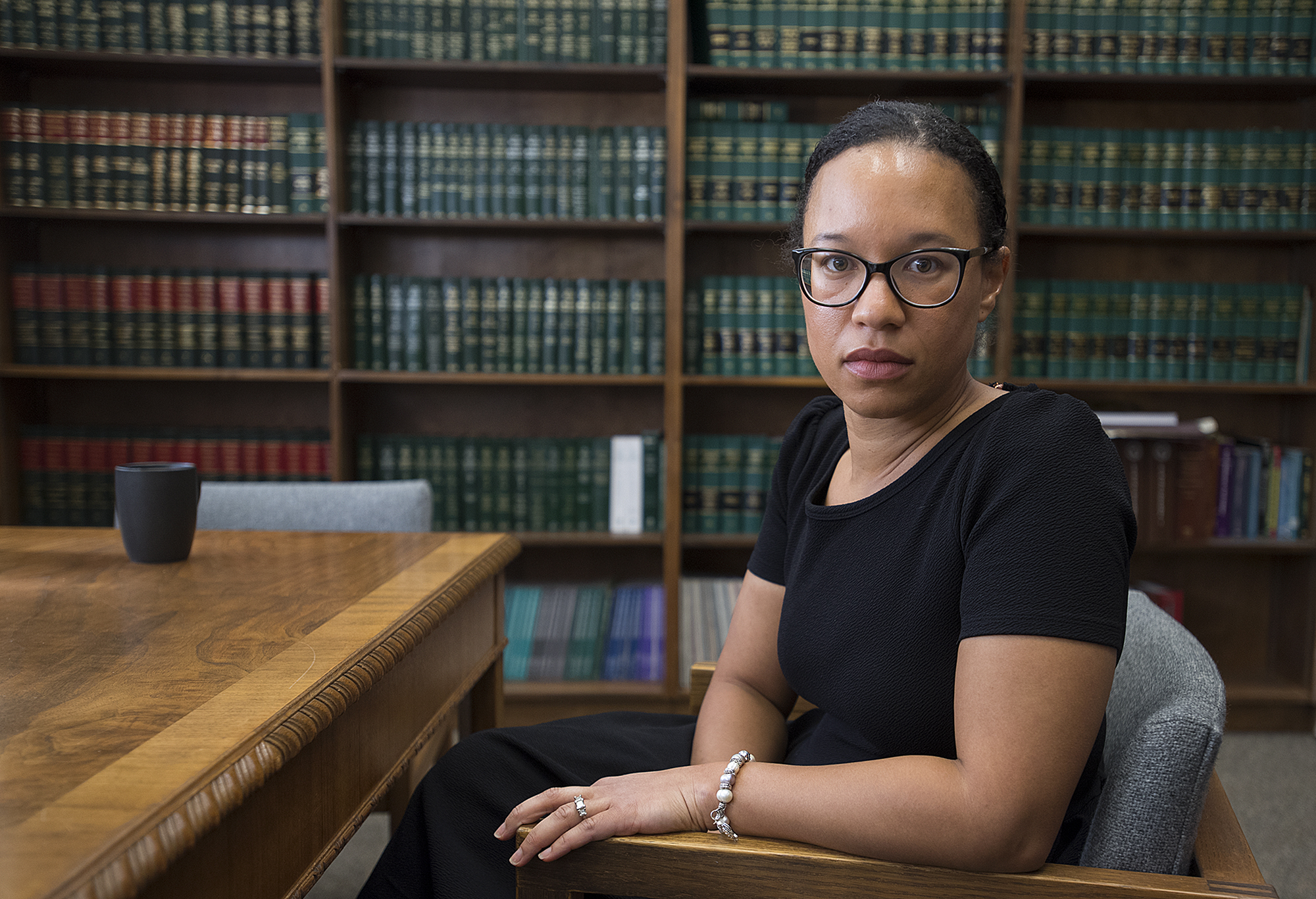Bridging the Border: A Family Divided was supported by the Pulitzer Center.
Vancouver immigration attorney Mercedes Riggs says there are few pathways for immigrants to enter and live in the United States legally.
The main avenues to residency are family- and employer-sponsored U.S. visas, but both require different wait and processing times — anywhere from six months to a couple of years. To be eligible for an immigrant visa, the sponsor must be a U.S. citizen or permanent resident and either a spouse, child, parent, sibling or prospective employer. Some employment-based visas, however, provide only temporary residency.
Both employment- and family-based visas have limitations. Immigrants who enter illegally, as Ramon Flores did, must leave the U.S. for the visa to be processed.
“That’s where people run into some trouble, because if you’ve come in illegally and you’ve stayed more than a year, then you’re barred from re-entry for 10 years,” Riggs said.
“When I hear talk about, ‘Oh well, … they were here, why don’t they get their papers?’ Well, it’s not that easy,” she added. “There are big risks involved for them to get their papers. I’d ask myself, ‘Would I be willing to be separated from my spouse for 10 years or willing to move to a country that I know little or nothing about or have no experience in?’ It’s a big thing for people to weigh.”
Those who are deported can apply to re-enter after they’ve satisfied the terms of deportation. It’s either five, 10 or 20 years. It depends on how many times they’ve entered, how long they were here and the number of times they were deported.
“Oftentimes, the U.S. citizen spouse and the kids are depressed and anxious and dealing with the emotional impact of being separated from their loved ones,” Riggs said of deportation. “I’ve encountered several situations where the U.S. citizen spouse and the kids lived for a while in Mexico and then came back because life there was hard.”
As in the Floreses’ case, it can force the U.S. citizen spouse to go on food stamps or request government benefits that they would not have requested before.
Undocumented immigrants aren’t eligible for most government benefits. If they have a U.S. citizen child, that child may be eligible, but the parent can’t get any benefits. The most they could get is what their state may allow. In some cases, too, if they are in a relationship or married to a U.S. citizen who’s receiving housing assistance, that may impact that person’s eligibility.
The notion that immigrants are coming here and living off the government is “just so far-fetched,” Riggs said.
The last time U.S. immigration laws significantly changed was with the Illegal Immigration Reform and Immigrant Responsibility Act of 1996, Riggs said. It strengthened U.S. immigration laws, adding penalties for undocumented immigrants who commit crimes while in the U.S. or who stay for statutorily defined periods of time.
But over the last five years, there’s been changes to asylum and narrowing what qualifies for asylum, she said.
“Our immigration system is structured in a way that it’s not easy for somebody to just go and get legal status. It’s not as simple as going down to the (U.S. Citizenship and Immigration Services) office and applying,” Riggs said. “It’s just not a straightforward process, and the government is currently acting in a manner to make it tougher for people to immigrate legally through recent rules and laws. They’re making it so that it would be pretty tough for somebody to get status without incredible expense.”
Bridging the Border
A three-day series
Sunday: A family divided
Today: Tijuana tests family ties
Coming Tuesday: Living parallel lives
If you go
What: Bridging the Border: Community Forum featuring Washington Attorney General Bob Ferguson.
When: 4:30 to 6 p.m. Feb. 13.
Where: Vancouver Community Library, Columbia Room, 901 C St., Vancouver.
